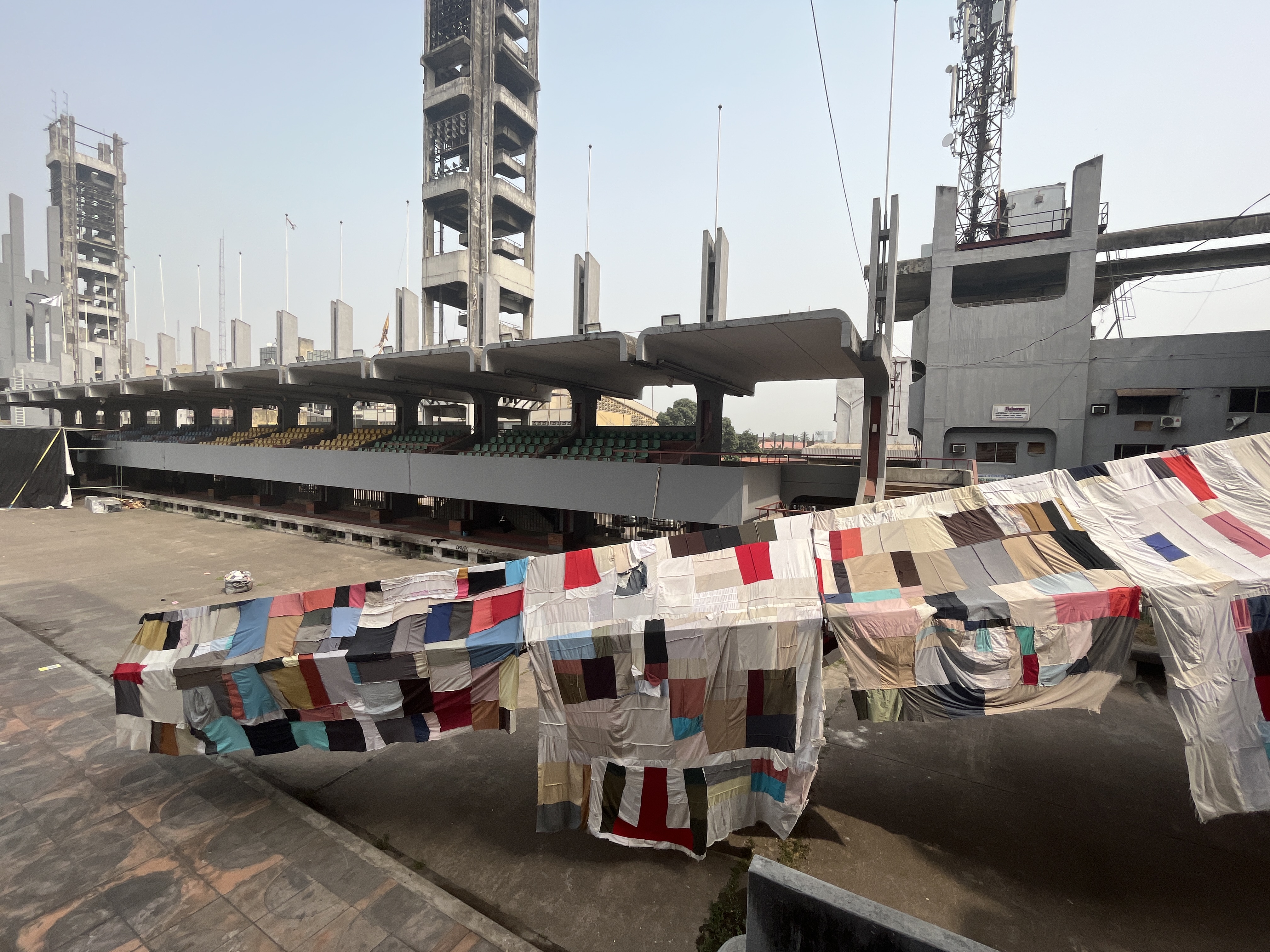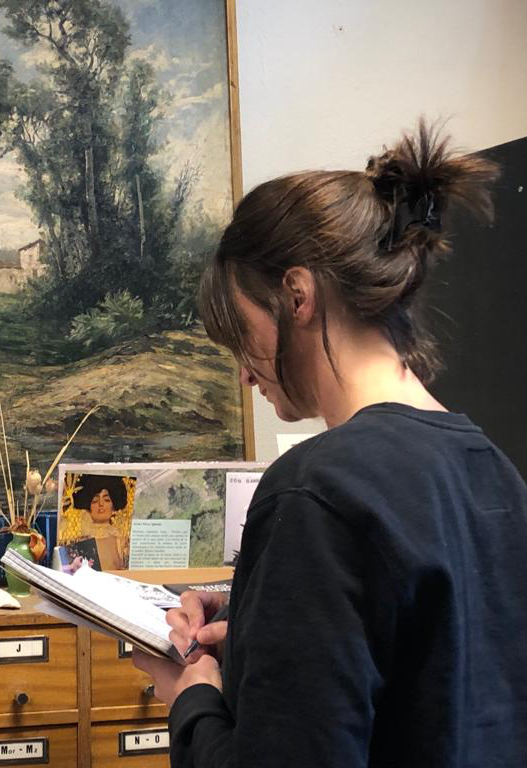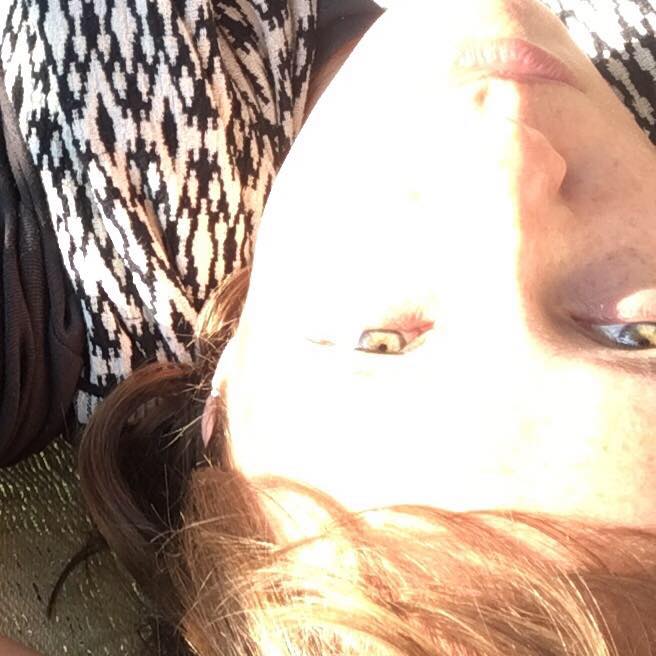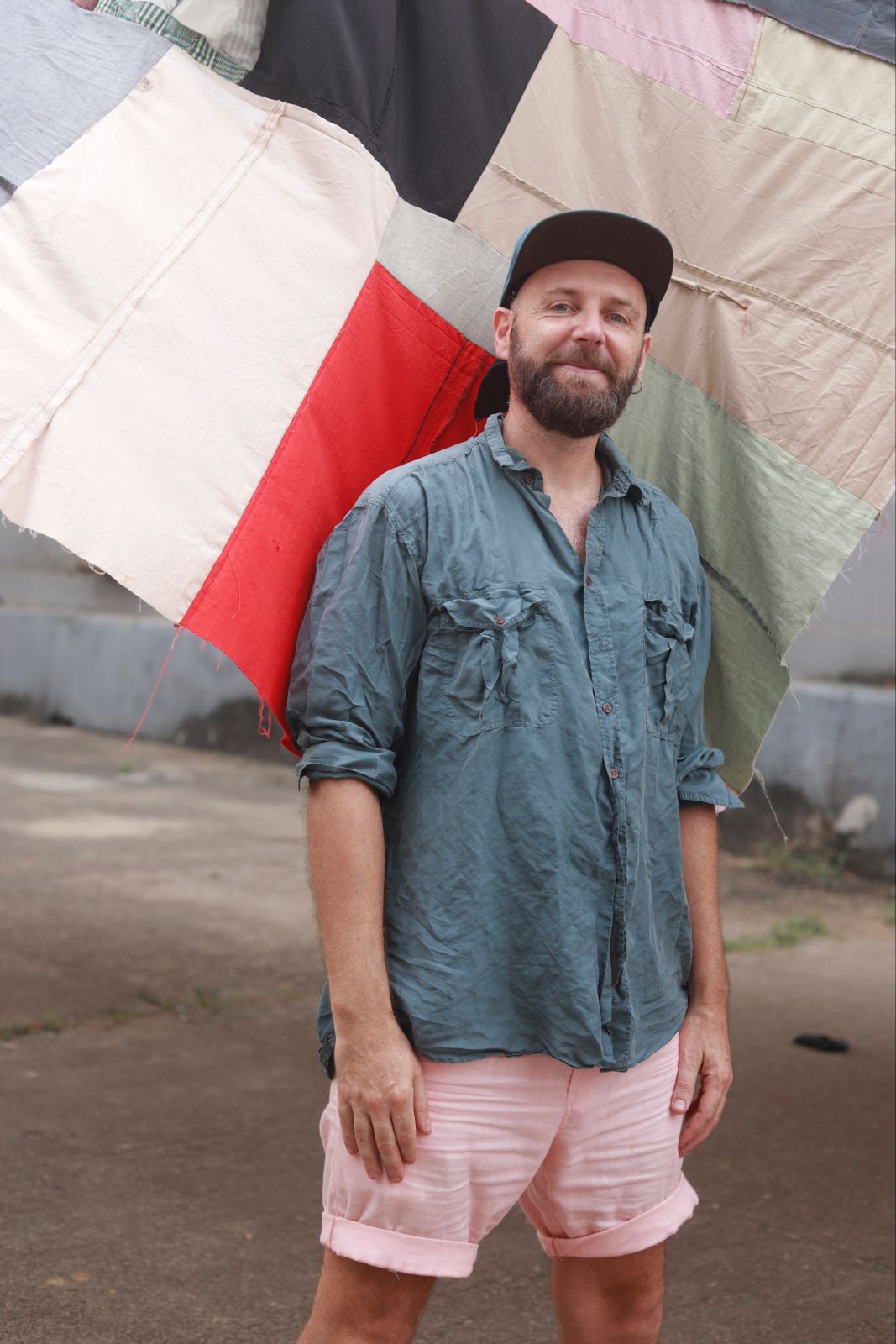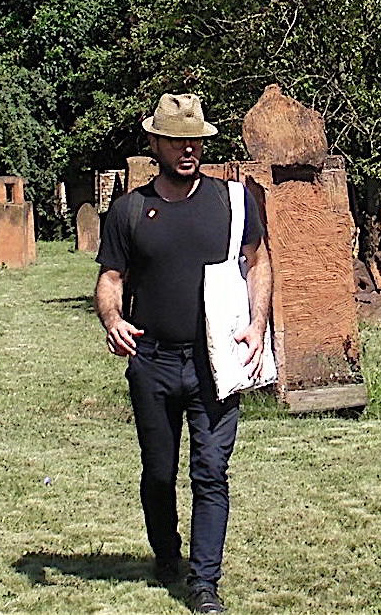re-(t)exHile is a research device that acts and reflects on the environmental, socio-cultural, and economic impacts of fashion’s waste crisis. As a result of the "fast fashion" phenomenon, consumption, and the overproduction of textiles, countries from the Global North send exorbitant amounts of second-hand clothing to African countries such as Nigeria, Ghana, Kenya and Tanzania. Many of these cheap clothes, once their short lives are over, end up on vast dump sites, along riverbeds and washed out into the sea, or are burnt on open fires, with severe consequences for people and the planet.
The project begins with and departs from our participation in the 2024 Lagos Biennale for which we developed a textile processual artwork made with nearly 500 second-hand textile products acquired from the Katangua market, one of the largest in Lagos, Nigeria. To confront and respond to the problems linked to textile waste arriving from the Global North into the Global South, in collaboration with local professionals we created a textile installation that was activated through a collective sewing action. This was a communal gathering where we, together with the participants, gathered around the same table. Here, informality weaved an appropriate relationship to discuss the textile issue in an organic way: sitting down, sharing a while around the table, stitching, and talking were all a central part of the piece. We generated a moment of closeness, of intimacy where we talked about this problem, but we also shared stories and experiences.
The project aims to make visible the exploitative patterns shaped by the colonial legacy embedded in the secondhand trade and to advocate for sustainable fashion practices.
